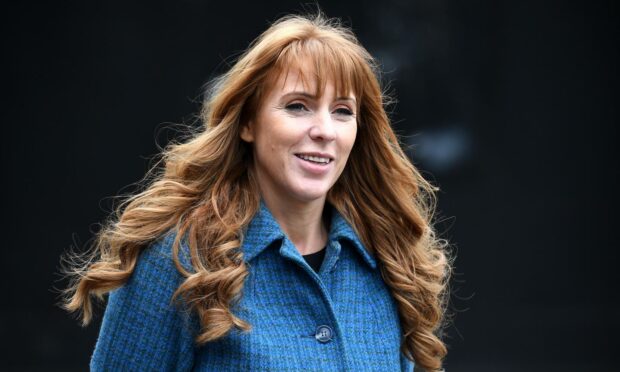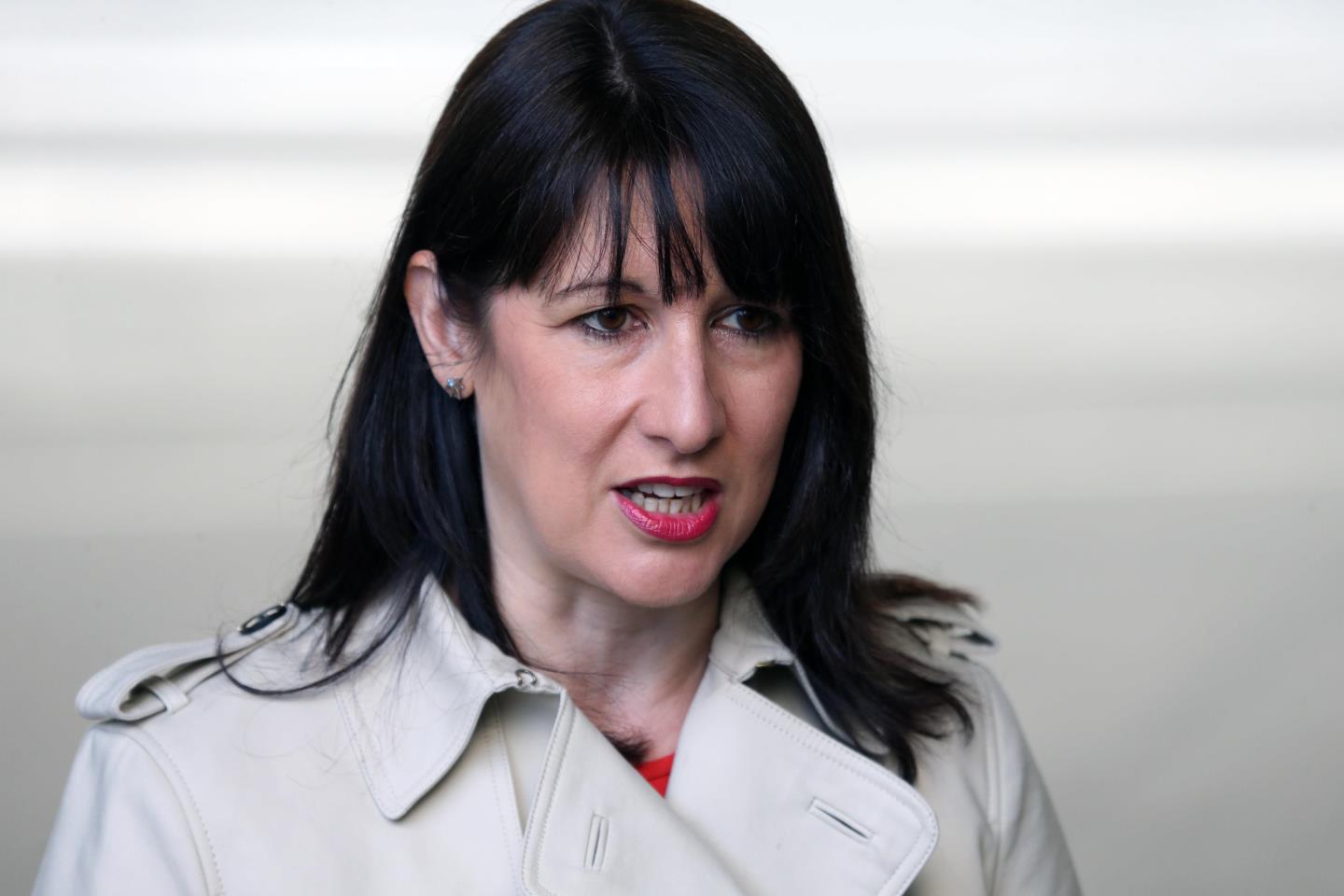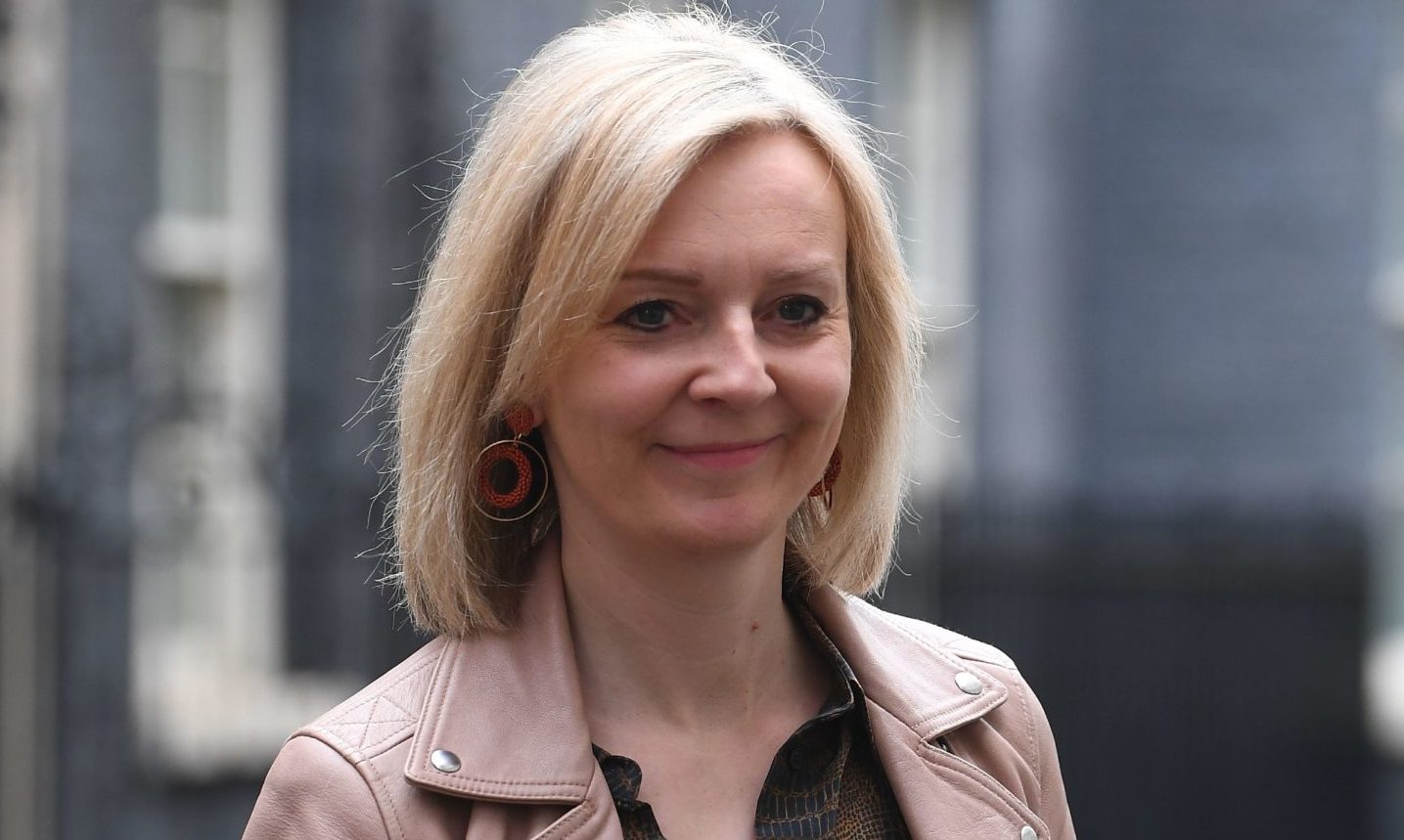One of the more noteworthy aspects of Keir Starmer’s failure to launch is that he does not want for talent among his supporting cast.
Compare Starmer’s front bench team with the assorted freaks and weirdos that peopled Jeremy Corbyn’s shadow cabinet and the current line-up is streets ahead in terms of competence, intellectual heft and the ability to count into double figures.
And yet, like Starmer, they are largely failing to cut through.
Take Nick Thomas-Symonds. He’s the shadow home secretary at a time when Labour is focusing on crime as a campaign theme. He’s a good politician, a fine mind and a much more credible candidate to take responsibility for the nation’s security than Priti Patel.
But Thomas-Symonds remains largely anonymous within Westminster and beyond. He has written well received biographies of Labour titans Clement Attlee and Nye Bevan, yet doesn’t seem to have learned anything from that process that he can apply to the party’s current predicament.
It’s a pattern repeated across the Labour front bench. Nice people, pin sharp minds, zero cut through.
Who exactly are the shadow cabinet?
Shadow chancellor Rachel Reeves is a chess champion who used to work for the Bank of England. She ought to take the current occupant of the Treasury to the cleaners. It’s tempting to write off Rishi Sunak as a lightweight, but anyone who literally put his name to the Eat Out to Help Out scheme that some say increased Covid cases has serious charges to answer.
On the education brief Labour’s Kate Green lines up against Gavin Williamson, a man less effective than a potato decorated with googly eyes. And yet, as exam results land this week, Green will struggle to get a look in.
The only member of the shadow cabinet who gets some pickup is deputy leader Angela Rayner. She’s genuine, she’s switched on, and she doesn’t hold back. When pompous peer Digby Jones criticised BBC Olympics presenter Alex Scott for droppin’ her Gs at the end of words Rayner raced to her defence.
Rayner wrapped herself in working class solidarity and dismissed Jones as a “classist dinosaur”, basically telling the letter obsessed lord to stop being a ‘oon and shut his ‘ob.
Angela Rayner is a woman with confidence, opinions and a voice – and the Labour Party can’t cope with that
But, within Labour, Rayner is treated as a problem. Starmer’s team have distanced her and regard her as one more thing to be managed at next month’s party conference.
That could be dismissed as just a tactical mistake or a clash of personalities if it didn’t reflect a deeper truth. Rayner is a woman with confidence, opinions and a voice – and the Labour Party can’t cope with that.
It’s not just bad luck that Labour has never had a female leader
Barbara Castle was revered but never a serious leadership contender. Harriet Harman has only become a party favourite since she vacated the deputy leadership to take up a role as the party’s cuddly grandmother. Jess Phillips’ pop at the leadership in 2020 was quickly extinguished.
It’s not just bad luck that Labour has never had a female leader. And it’s no accident that the Tories have already had two, as evidenced by the fact they may be lining up a third.
International trade secretary Liz Truss consistently ranks at the top of Tory party popularity contests. She can match Boris Johnson for sunny optimism, often untethered to reality. She’s apparently getting things done by signing off a string of trade deals, albeit they tend to be extremely small beer.
Leaving the EU then flagging up trade deals with Cameroon, Kosovo and Chile is a bit like stealing someone’s car then expecting them to cheer when you hand back a wheel, a windscreen wiper and the drinks holder. But as long as Truss keeps posting pictures of herself, pen in hand and Union Flag in the background, the party faithful will keep naming her their favourite cabinet minister.
And remember, for all the Westminster chit-chat about how Chancellor Sunak is a shoo-in to replace Boris Johnson, when the time comes it’s Tory party members who actually pick the leader, and they consistently rate Truss as their number one.
Labour are scared of what voters like
It’s not that the Tory party is inherently egalitarian. There’s no doubt some on their benches fear women and many look down on them, but such feelings are overridden by that core Conservative value – victory.
Conservatives want to win, because they want the opportunity to effect change and to shape the national narrative. Liz Truss has a compelling backstory and can sell a chirpy vision of the UK. That’ll likely do the trick with the electorate.
Rayner’s pitch for the future of the country is fuelled by passion and her personal struggle. It’s a package that voters will find hard to ignore, and which seems to spook the Labour Party machine.
The two parties’ different reactions to two women who speak up, who embrace ambition and who can connect with the electorate, tells you all you need to know about which one wants and wins power, but also which one deserves to win.
James Millar is a political commentator and author and a former Westminster correspondent for The Sunday Post














